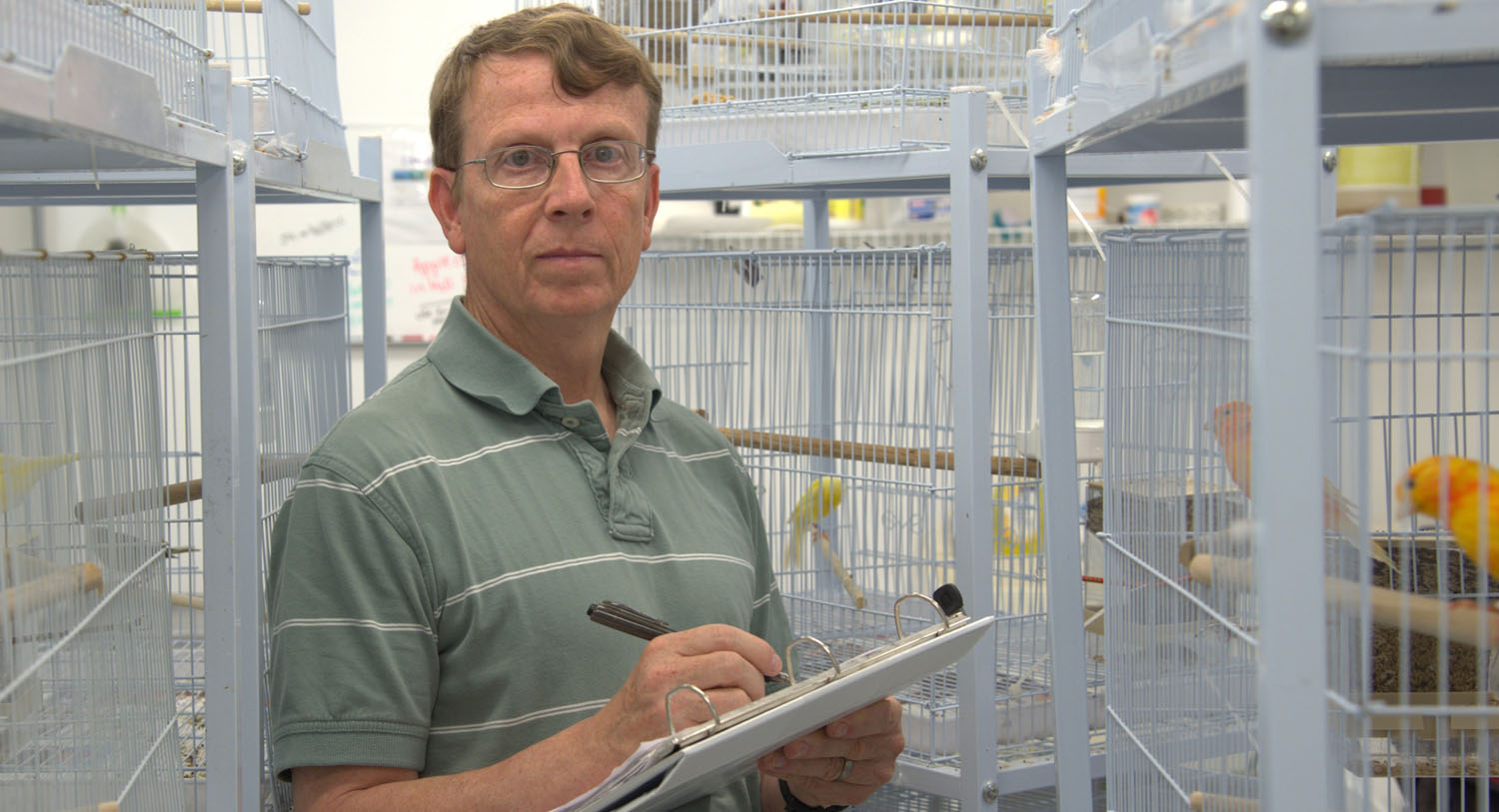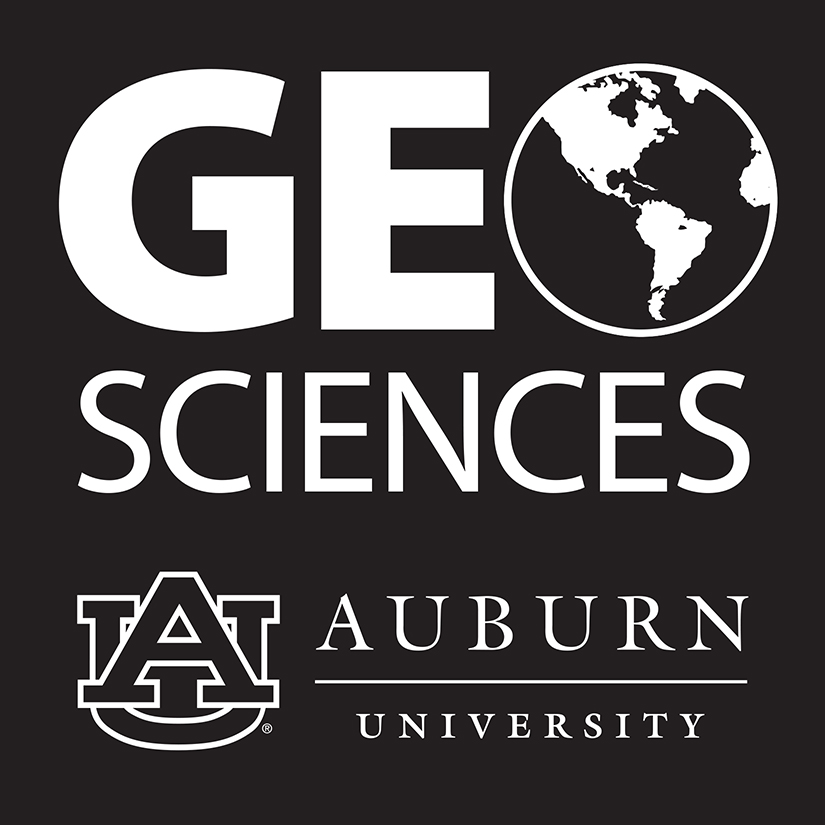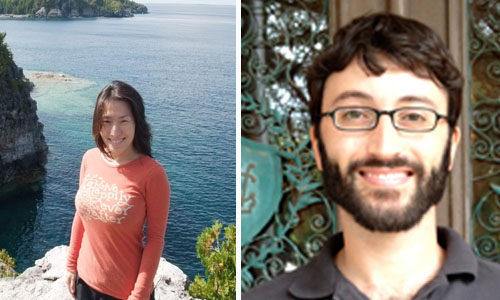Assistant Professor Haruka Wada (left) of the Department of Biological Sciences and Assistant Professor Steven Mansoorabadi (right) of the Department of Chemistry and Biochemistry both recently received CAREER Awards from the National Science Foundation.
The Faculty Early Career Development, or CAREER, Program is a foundation-wide activity that offers the National Science Foundation's most prestigious awards in support of junior faculty who exemplify the role of teacher-scholars through outstanding research, excellent education, and the integration of education and research within the context of the mission of their organizations.
Wada will receive $1,018,132 over the course of five years for her research project titled, “Proteostasis to Allostasis: Integration of Cellular- and Organismal-level Stress Responses.”
Prior to joining the faculty at Auburn University, Wada was a postdoctoral fellow at the University of Western Ontario, a postdoctoral associate at Virginia Polytechnic Institute and State University, and she received her doctorate from the University of Texas. Her research interests are in the field of integrative biology, combining behavioral endocrinology, immunology, neuroscience and field biology. In particular, her lab examines how maternal cues and nutritional, social and toxicological stress alter developmental trajectory, physiological and behavioral traits in birds. For more information on Wada, visit her website here.
Mansoorabadi’s research proposal is titled, “Mechanistic and Biosynthetic Studies of Dinoflagellate Bioluminescence,” and he will receive $703,000 over the course of five years.
Prior to joining the faculty at Auburn University, Mansoorabadi was a postdoctoral fellow at the University of Texas, and he received a doctorate from the University of Wisconsin. Mansoorabadi is a biochemist. For more information on his research interests, visit his website here.



